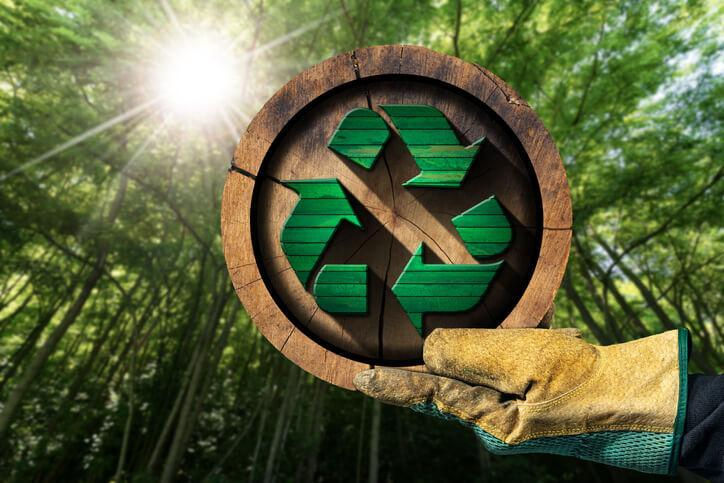A Leap Beyond Biodegradable: Plant-Based, Home-Compostable Alternatives for a Sustainable Future
- PlasTechFree, Inc.

- Oct 9, 2025
- 2 min read

Welcome back to One Less Bag, where this week we discuss how plant-based, 100% home-compostable alternatives are helping create a cleaner planet today and a sustainable future for generations tomorrow.
Plastic pollution is one of the most pressing environmental challenges of our time. Traditional plastics take hundreds of years to decompose, often ending up in oceans, landfills, or ecosystems where they cause harm to wildlife and communities. While biodegradable plastics emerged as a partial solution, many require industrial composting conditions that aren’t widely accessible, leaving gaps in sustainability efforts.
This is where home-compostable, plant-based alternatives take a leap beyond biodegradable plastics, offering real-world, practical solutions for consumers and businesses alike
What Makes a Plastic Truly Home-Compostable?
Home-compostable plastics are made entirely from renewable plant sources such as corn starch, sugarcane, or other natural polymers. Unlike conventional biodegradable plastics, they break down safely in a standard backyard compost bin without the need for industrial facilities.
Key characteristics of home-compostable plastics include:
100% plant-based content: No petroleum-derived materials.
Safe decomposition: Leaves no harmful residues or microplastics.
Versatility: Suitable for packaging, bags, utensils, and other single-use items.
By turning everyday products into compostable resources, these plastics close the loop between use and reuse, reducing landfill waste and environmental impact.

Benefits for the Planet and Future Generations
1. Reducing Waste Home-compostable plastics ensure that materials are returned to the earth in the form of nutrient-rich compost, rather than persisting as waste for centuries.
2. Conserving Resources Using renewable plant materials reduces dependency on fossil fuels, lowers greenhouse gas emissions, and supports a more circular economy.
3. Empowering Consumers With clear labeling and proper disposal guidance, consumers can make everyday choices that directly contribute to sustainability, turning their waste into a resource for gardens and soil enrichment.
Plastech’s Commitment to Sustainable Innovation
At Plastech, sustainability isn’t just a trend — it’s part of our mission. We develop innovative, plant-based materials designed to meet high performance standards while supporting environmental responsibility.
Our home-compostable alternatives offer:
Practical usability: Durable enough for everyday use, yet fully compostable.
Transparency: Clear instructions for proper disposal at home.
Scalability: Designed to integrate seamlessly into consumer products and business packaging.
By combining innovation with accessibility, Plastech empowers both brands and consumers to make choices that reduce plastic pollution and foster a greener future.
The Consumer’s Role in Closing the Loop
The shift to sustainable materials requires participation at every level. Consumers can:
Choose products labeled as home-compostable.
Dispose of them correctly in backyard compost bins or community composting programs.
Support brands that prioritize renewable and compostable materials.
Every conscious choice keeps materials in a natural cycle, contributing to healthier soil, reduced waste, and a cleaner planet — one less bag at a time.
Home-compostable, plant-based plastics represent more than just an alternative to traditional plastics — they are a commitment to a sustainable future. By embracing these solutions, Plastech and our partners are helping create a world where materials return safely to the earth, and everyday decisions contribute to lasting environmental change.
The future is renewable, circular, and compostable — and it starts with the choices we make today.



Comments